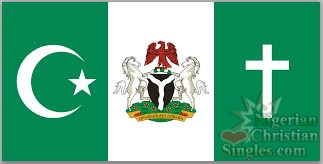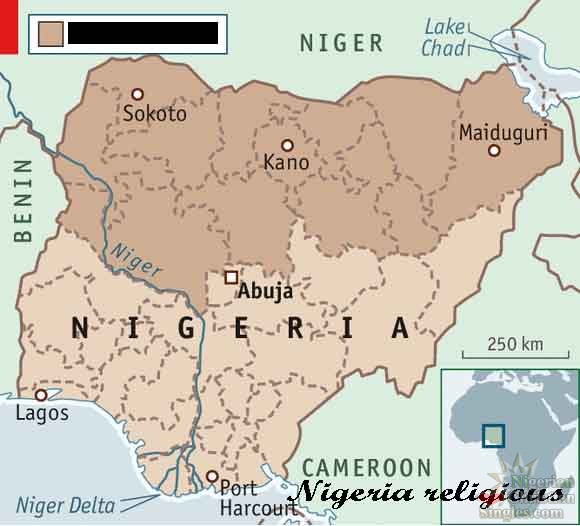
Nigeria, a country renowned for its cultural diversity, is equally known for its rich religious tapestry. The religious landscape of Nigeria is a fascinating blend of ancient indigenous beliefs and the more recently introduced world religions of Christianity and Islam. This article delves into the vibrant religious traditions that thrive within the country, shedding light on their practices, cultural significance, and harmonious coexistence.
Nigeria religious - The 2 dominant Religions in Nigeria, are Christianity & Islam.
Christianity in Nigeria
Christianity holds a prominent place in Nigeria, with a significant number of Nigerians identifying as Christians. The roots of Christianity in the country can be traced back to the 15th century when Portuguese explorers arrived on Nigerian shores. Since then, Christianity has flourished, and today Nigeria boasts a diverse range of Christian denominations. From the Roman Catholic Church to the various Protestant denominations, Nigerian Christians practice their faith with devotion, impacting both individual lives and the broader societal fabric.
Islam in Nigeria
Islam, the second-largest religion in Nigeria, arrived in the country through trade routes in the 11th century. Northern Nigeria, in particular, embraced Islam, and it has since spread to other regions. Today, Nigeria is home to a sizable Muslim population, which follows different Islamic traditions and schools of thought. Mosques dot the landscape, and Muslims observe the five pillars of Islam, fostering a sense of unity and shared purpose within their communities.
Nigeria Religious - Indigenous Religions and Cultural Heritage

Alongside Christianity and Islam, Nigeria preserves a wealth of indigenous religious practices that are deeply rooted in the country's cultural heritage. These ancient belief systems vary among Nigeria's numerous ethnic groups and are often closely intertwined with local customs and traditions. From the Yoruba Orisha worship to the Igbo Odinani and the Efik Ekpe rituals, indigenous religions continue to play a significant role in the spiritual lives of Nigerians. They reflect the deep connection between the people and their ancestral roots.
Interfaith Dialogue and Tolerance
Nigeria stands as an example of religious harmony and interfaith dialogue. While there have been occasional tensions, the country has witnessed numerous instances of Christians and Muslims coming together to promote peace and understanding. Interfaith organizations and initiatives strive to foster dialogue, cooperation, and respect among different religious groups, strengthening the fabric of Nigerian society.
Preserving Nigeria's Religious Heritage
Efforts are underway to preserve Nigeria's religious heritage and promote its cultural significance. The Nigerian government, alongside religious institutions and organizations, supports initiatives to safeguard religious sites, artifacts, and traditions. These endeavors not only honor the country's past but also ensure the continuity and vitality of its diverse religious expressions.
Conclusion
Nigeria's religious landscape is a testament to the country's cultural richness and diversity. Christianity, Islam, and indigenous religions all contribute to the vibrant tapestry of Nigeria's spiritual life. The coexistence and interplay between these traditions create a unique environment where faith thrives and religious tolerance prevails. Exploring Nigeria's religious heritage is an invitation to delve into the deep-rooted beliefs, practices, and cultural significance that shape the spiritual fabric of this remarkable nation.
Read more about (The Declaration of Our Christian Faith) or some dating articles about Nigerian Christians Singles












